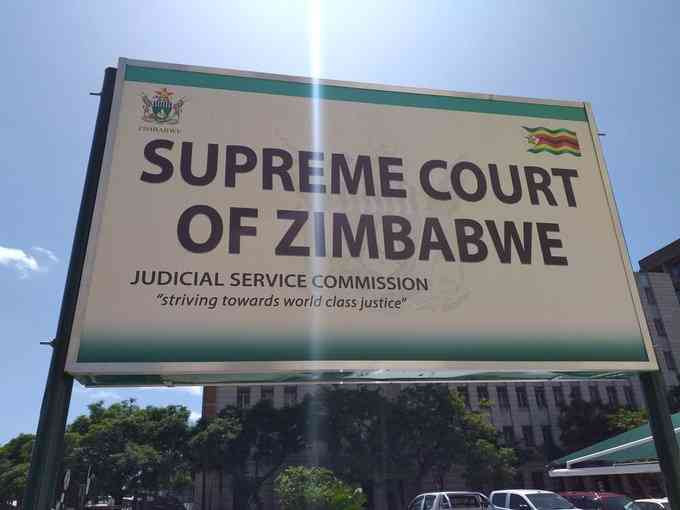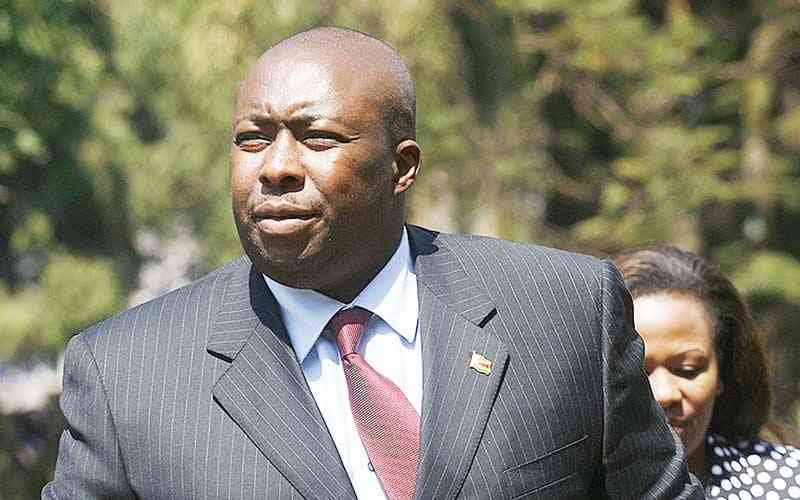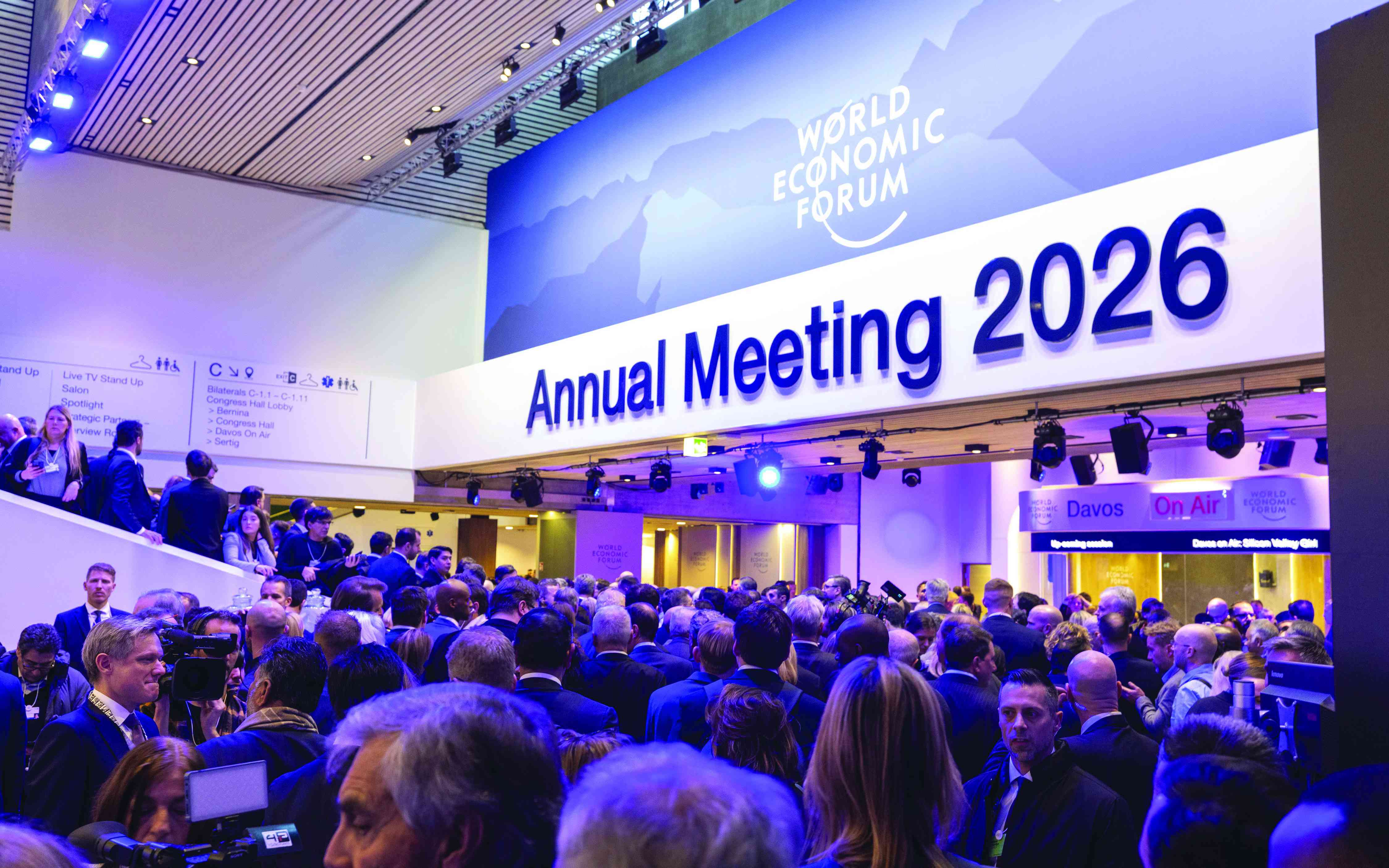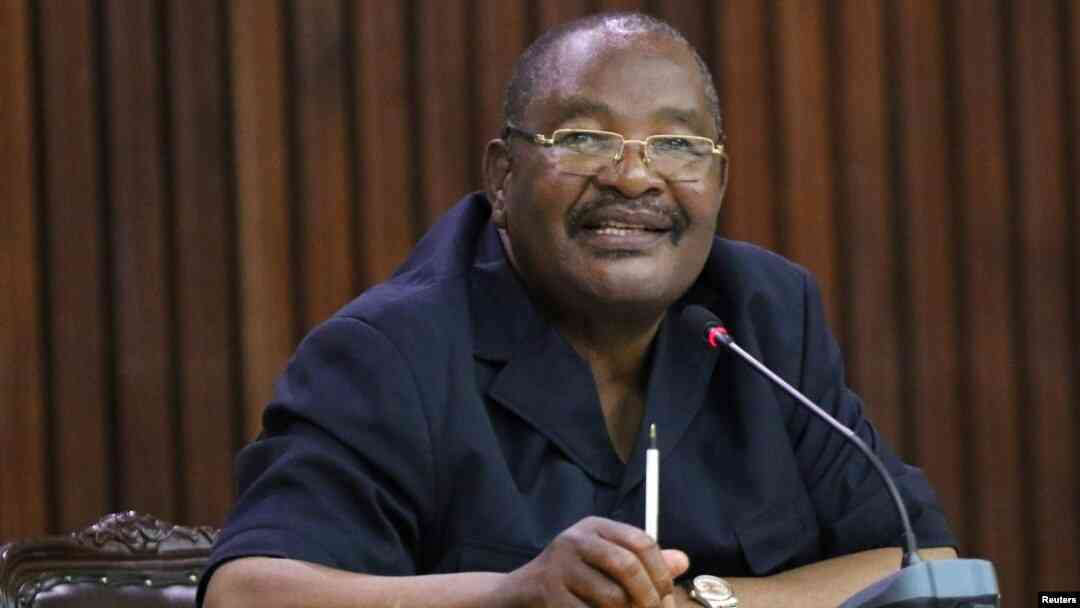
A Supreme Court judgement yesterday overturning a ruling by the High Court which had taken 12 Citizens Coalition for Change (CCC) candidates out of contention for the August 23 polls may have solved a political crisis.
Sadly, however, it is too little too late to avoid long-held suspicions that there is gross political interference in key state institutions.
That High Court ruling created an impression, not just of judicial overreach, but a system designed to usurp the constitutional right of voters to choose their political leaders and representatives.
The implications of Justice Bongani Ndlovu’s ruling meant that the opposition CCC would not only lose out on potential National Assembly seats, but could also not have any senatorial representation in Bulawayo Province. The party would also have been rendered unable to take up any National Assembly seats for the youth and women’s quota where seats are allocated based on proportional representation according to the number of votes each party gets in the parliamentary polls.
How is that possible in a functional democracy?
Zimbabwe is already under a global microscope for perceived judicial infractions against critics of the government.
In July, the High Court disqualified Saviour Kasukuwere, a minister in the late former President Robert Mugabe’s government, from challenging President Emmerson Mnangagwa in the August 23 election because he lives in exile.
Kasukuwere has been living in South Africa since the 2017 coup that toppled Mugabe.
- Chamisa party defiant after ban
- Village Rhapsody: How Zimbabwe can improve governance
- News in depth: Partisan police force persecutes opposition, shields Zanu PF rogue elements
- Chamisa chilling death threat bishop defiant
Keep Reading

The High Court ruling was confirmed by the Supreme Court, and he has taken the fight to the Constitutional Court.
The legal merits of Kasukuwere’s disqualification do not warrant discussion or debate here, but coming in the face of curious judicial decisions, do not make for good optics for a country desperate to project a picture of tranquil progress and tolerance under the so-called Second Republic.
But the ruling meant that for the first time since Zimbabwe gained independence in 1980, the courts have been used to stop a presidential candidate from being on the ballot.
The courts, it seems, have become major players in this election.
Opposition leader Linda Masarira of the Labour Economists & Afrikan Democrats party has also lost her case challenging the refusal by the Zimbabwe Electoral Commission to accept her nomination papers to contest for the presidency. The leader of the United Zimbabwe Alliance party, Elisabeth Valerio, successfully challenged her initial exclusion from the presidential race and will be the only woman presidential candidate in a field of 12.
While the courts, in normal and functional democracies are meant to be independent arbiters, in Zimbabwe there is a feeling that they are being used to control the outcome.
Their rulings now have a bearing on the legal discourse in future elections, having set precedent.
As MDC-T leader Douglas Mwonzora noted on Twitter after the Kasukuwere ruling: “Preventing electoral candidates from participating in an election is a clear danger to democracy. It violates the cardinal principle of the sovereignty of the people to choose their leaders. It is wrong. Zimbabwe is going through a very sad period.”
From being an independent arbiter, Zimbabwe’s judiciary’s role in shaping the August 23 elections will remain a subject of intense debate.











